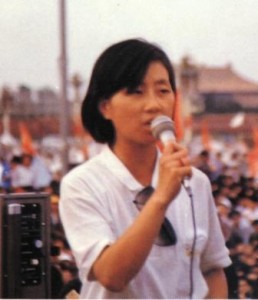Some of you don’t like confrontation. Rather than stand up to someone and tell them that you disagree with them, or that they are overstepping their boundaries, you allow other people to have their way, and sometimes to step all over you. I know because I’ve been there too. There is a delicate balance here. How do you maintain reasonable boundaries, or stand up for what you believe in without becoming argumentative or stirring up unnecessary discord?
The Apostle Paul was an example of someone who stood up for what he believed and was willing to speak his mind. And he encouraged others to do the same, including through correspondence to his young friend Timothy, part of which is found in II Timothy 1. Timothy was timid and quite possibly discouraged by all the opposition that both he and Paul were facing, but if he was going to assist Paul in sharing the gospel he would need to learn to speak up with confidence. That doesn’t mean that he needed to be loud and obnoxious and to shout down anyone who disagreed with him as, sadly, some today are in the habit of doing. He needed not only to set aside his spirit of fear, but also to take on the spirit of love and a sound mind—self-control. (II Timothy 1:7) We are all called to love our neighbour, (Galatians 5:14, Mark 12:31, Matthew 19:19) and to be ambassadors of Christ’s love, (II Corinthians 5:19-20) even with people that we find unpleasant, or wrong.
God has a unique purpose for each of us, but all of us have the responsibility to glorify God in everything that we do, and to share His love and gift of salvation with others. There will undoubtedly be times when we will encounter people who will disagree with us, sometimes vehemently. When this happens, I suggest to you as Paul did to Timothy, (II Timothy 1:6) to rekindle the gifts given to you through the Spirit. You can do this through prayer, Bible reading and study, and by finding some mentors who are strong in their faith to encourage you. Don’t be wishy-washy about what you believe in, but make sure that God’s love is evident in you when you share it.



